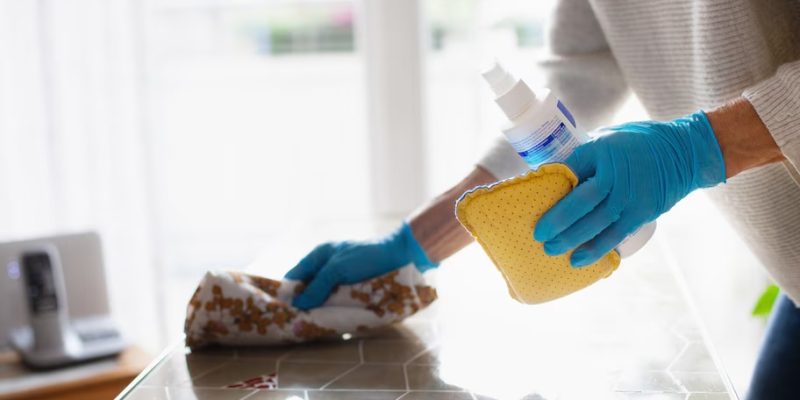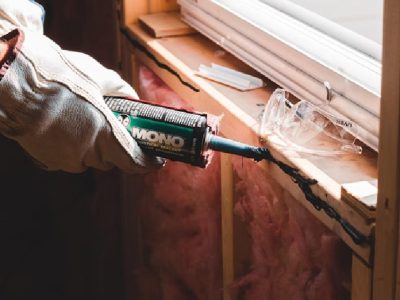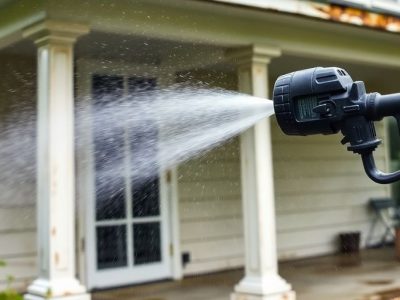Cleanliness is crucial to stop the transmission of disease, and this is especially true in the wake of the COVID-19 pandemic. However, there is ongoing debate and uncertainty about the effectiveness of surface disinfection in reducing the transmission of viruses and bacteria. As businesses and individuals seek ways to protect themselves and their communities, it’s crucial to understand the role of surface disinfection and the recommendations provided by commercial cleaning services Charlotte NC.
Understanding Surface Transmission
There are several ways that bacteria and viruses can spread, such as through contaminated surfaces, respiratory droplets, and direct contact with sick people. Surface transmission occurs when a person touches a surface contaminated with infectious pathogens and then touches their face, mouth, or eyes, allowing the pathogens to enter their body. Common surfaces such as doorknobs, countertops, and light switches can harbor harmful germs and contribute to the spread of illness in indoor environments.
The Role of Disinfecting Surfaces
Disinfecting surfaces is a critical component of infection control measures, particularly in high-traffic areas where multiple people come into contact with surfaces throughout the day. To eliminate germs and lower the chance of sickness transmission, Charlotte, NC commercial cleaning services advise routinely disinfecting commonly handled surfaces using EPA-approved disinfectants. In order to provide building occupants with a safer and healthier environment, proper disinfection techniques target a wide range of pathogens, including bacteria, fungus, and viruses.
Evidence Supporting Surface Disinfection
Numerous studies have demonstrated the effectiveness of surface disinfection in reducing the transmission of infectious diseases in various settings. For example, a study published in the Journal of Hospital Infection found that enhanced surface cleaning and disinfection significantly reduced the incidence of healthcare-associated infections in hospitals and healthcare facilities. Similarly, research conducted by the Centers for Disease Control and Prevention (CDC) has shown that surface disinfection plays a crucial role in preventing the spread of respiratory viruses like influenza and coronaviruses.
Limitations of Surface Disinfection
While surface disinfection can be an effective strategy for reducing the spread of illness, it is not without limitations. Disinfecting surfaces alone may not completely eliminate the risk of infection, especially in settings where other transmission routes, such as respiratory droplets, are prevalent. Additionally, the efficacy of surface disinfection depends on factors such as the type of disinfectant used, the concentration of the disinfectant, and the thoroughness of the cleaning process. Improper disinfection practices or inconsistent cleaning routines may compromise the effectiveness of surface disinfection efforts.
Integrated Approach to Infection Control
Commercial cleaning services in Charlotte, NC, advise taking an integrated strategy that blends surface disinfection with other preventative measures to optimize the efficacy of infection control measures. This may include promoting hand hygiene practices, maintaining proper ventilation, implementing social distancing measures, and encouraging sick employees to stay home. By addressing multiple routes of transmission, businesses, and organizations can create a comprehensive infection control plan that reduces the risk of illness transmission and protects the health and well-being of employees, customers, and visitors.
Conclusion
Surface disinfection is an essential component of infection control efforts, helping to reduce the transmission of viruses and bacteria in indoor environments. While surface disinfection alone may not eliminate the risk of illness entirely, when combined with other preventive measures, it can significantly contribute to creating safer and healthier spaces. By following the recommendations of commercial cleaning services in Charlotte, NC, businesses and individuals can play a proactive role in preventing the spread of illness and promoting a culture of cleanliness and hygiene in their communities.












Comments